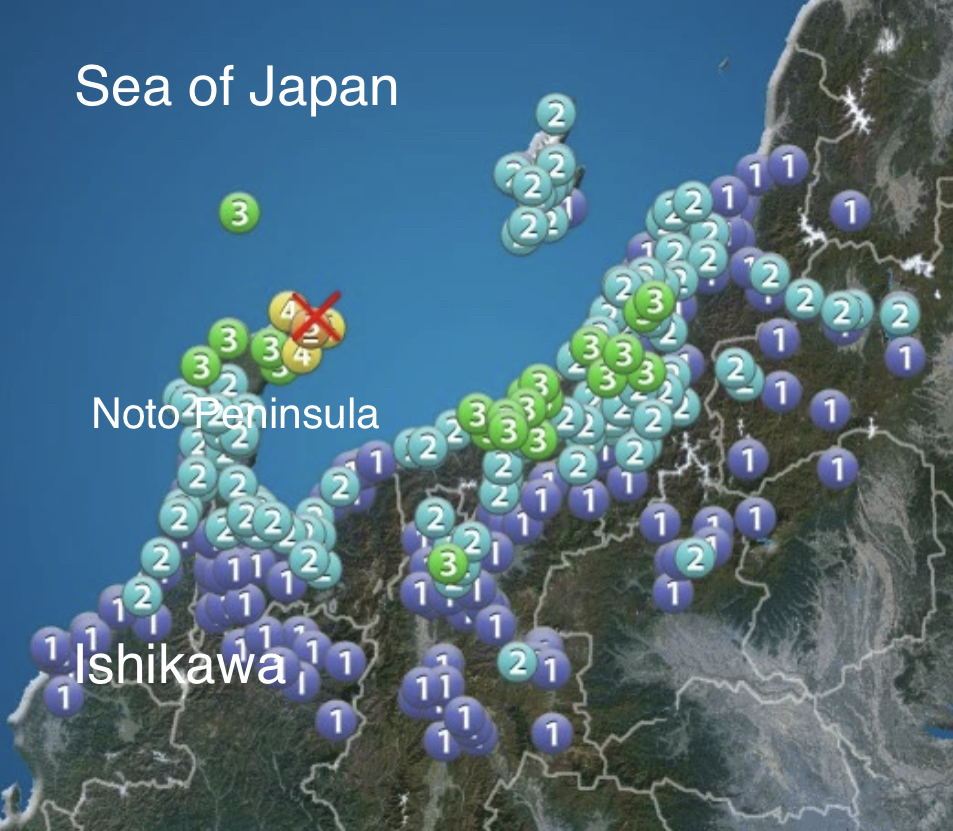Hold on to your hats, folks, because Colombia just served up a stark reminder of the fragility of global energy supply chains! A key pipeline, the Bisonte-Nariño, operated by a subsidiary of Colombia’s national oil company, was hit by an explosion yesterday, April 17th, immediately halting oil transport.

This isn’t just a local issue; this pipeline is vital to Colombia’s energy infrastructure, situated in the rural Arauca province, a region already wrestling with instability. Thankfully, initial reports indicate no casualties, but the implications are far-reaching.
The Colombian military is pointing fingers at the ELN – the National Liberation Army of Colombia – a guerilla group with a history stretching back to 1964. Fueled by thousands of fighters and designated a terrorist organization by both the US and EU, the ELN’s actions are consistently disruptive and dangerous.
Let’s break down why this matters. Colombia, while not a top-tier global producer, is a significant player in Latin American oil markets. Disruptions like these can create ripple effects throughout the region, potentially driving up prices and increasing volatility. The ELN’s continued activity casts a long shadow over Colombia’s ability to attract foreign investment in its energy sector.
It’s crucial to understand the ELN’s historical context. Formed in the wake of social and political upheaval, the group initially aimed to advocate for land reform and peasant rights. However, it quickly devolved into a complex web of criminal activities, including drug trafficking and extortion.
Their funding streams are notoriously opaque. Beyond drug money, the ELN leverages kidnapping and attacks on infrastructure – exactly like this pipeline explosion – to generate revenue and exert pressure on the Colombian government.
Furthermore, the timing is particularly sensitive as Colombia’s current administration aims to negotiate peace talks with the ELN, though progress has been halting. Events like this explosion seriously undermine any progress and demonstrate real unwillingness from the group to truly de-escalate. This is more than just an attack on infrastructure; it’s a calculated move indicating the ELN’s continued defiance and commitment to instability.





